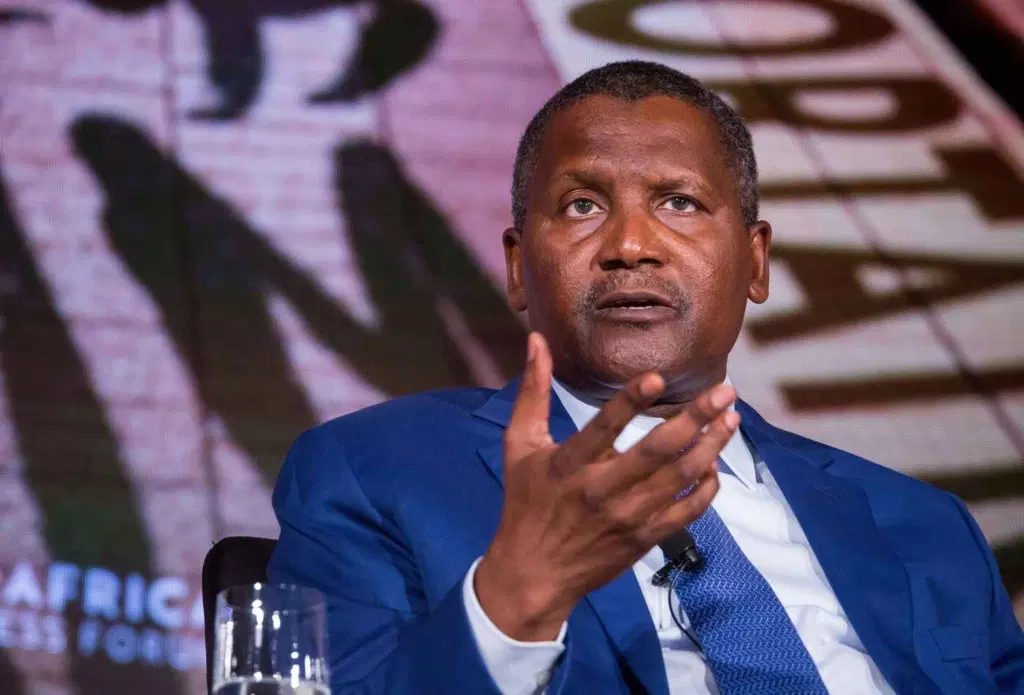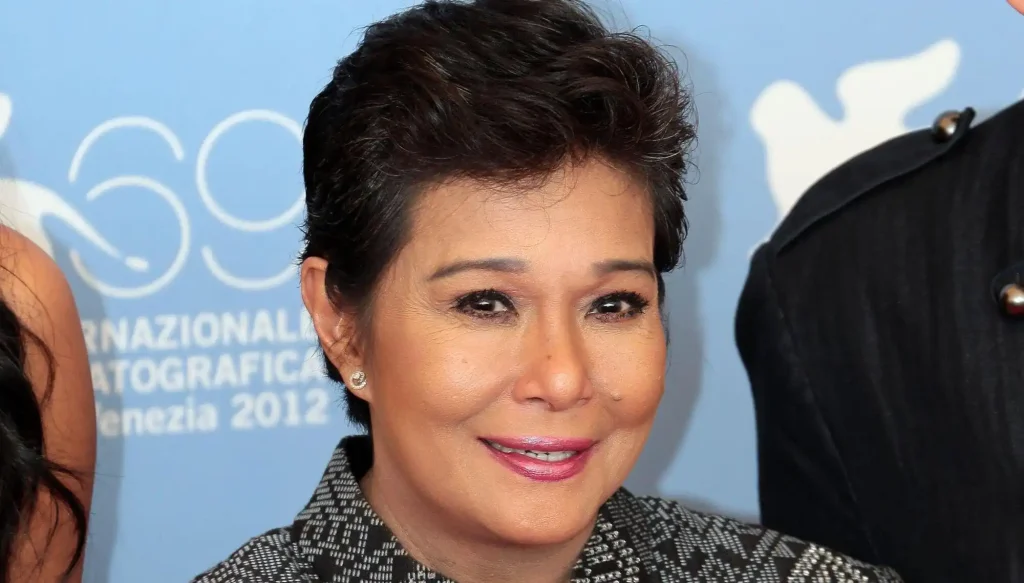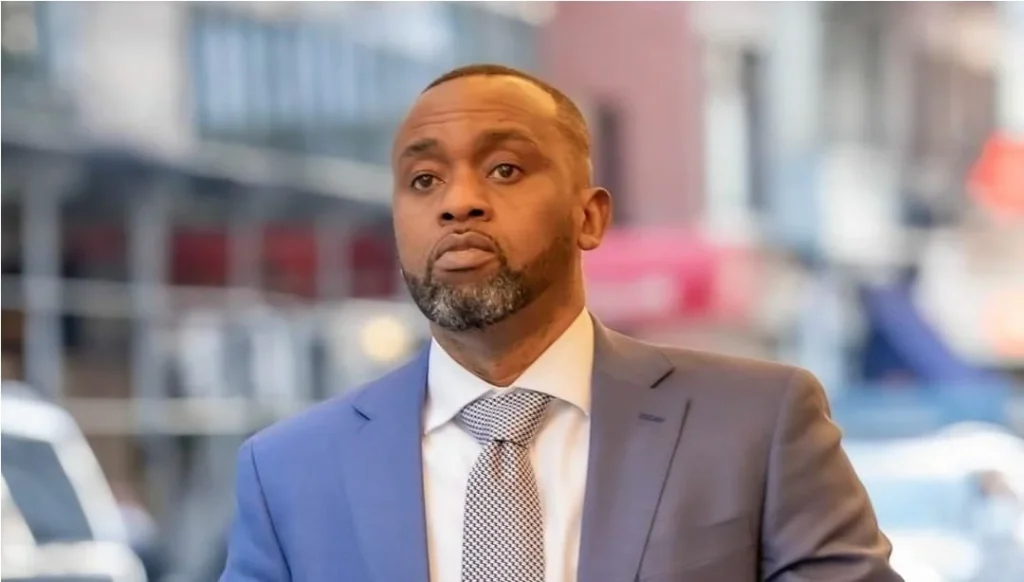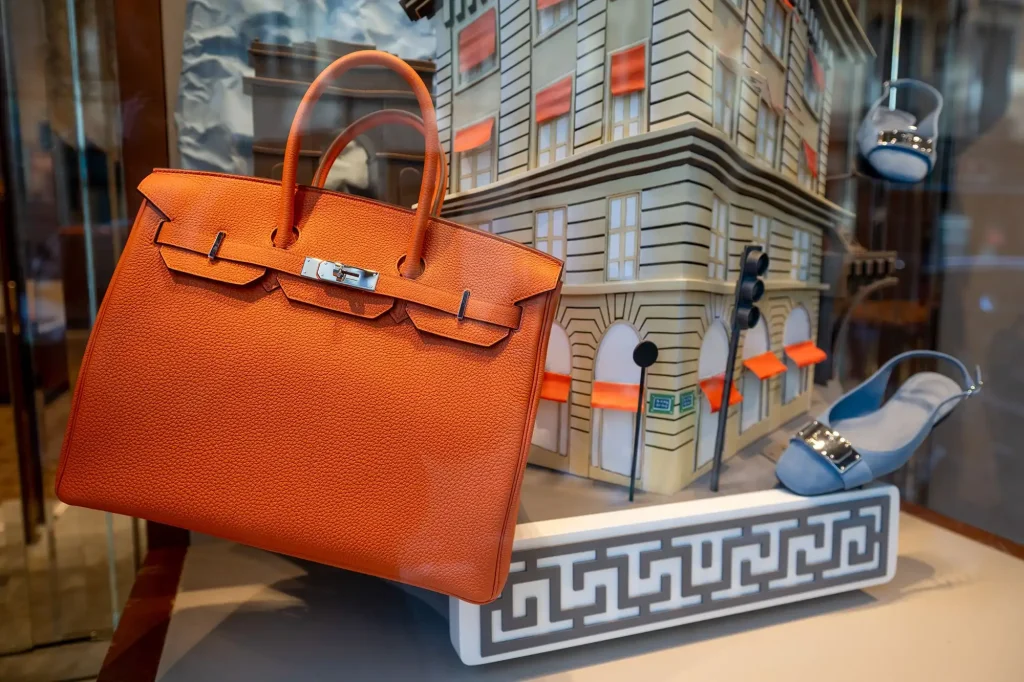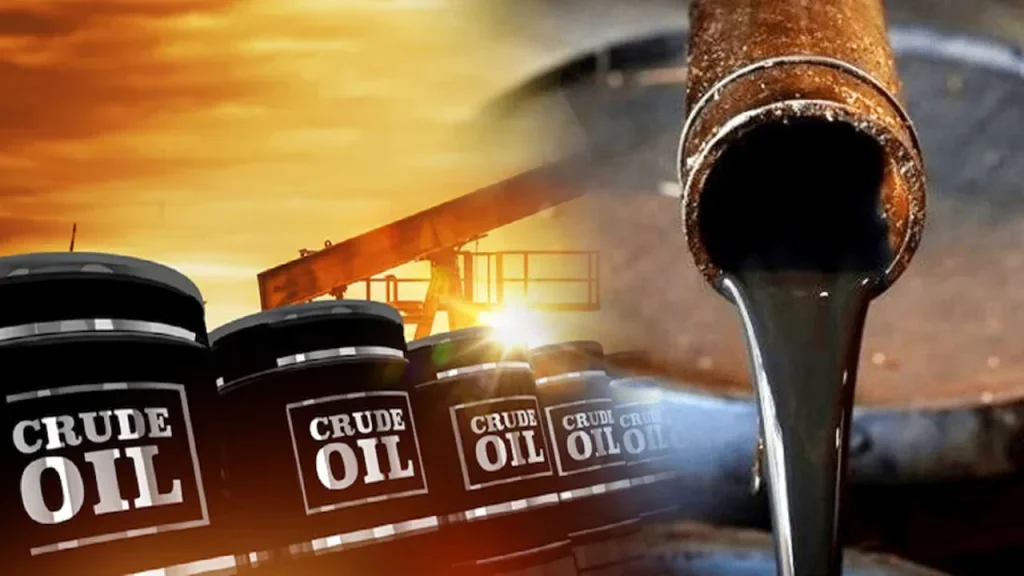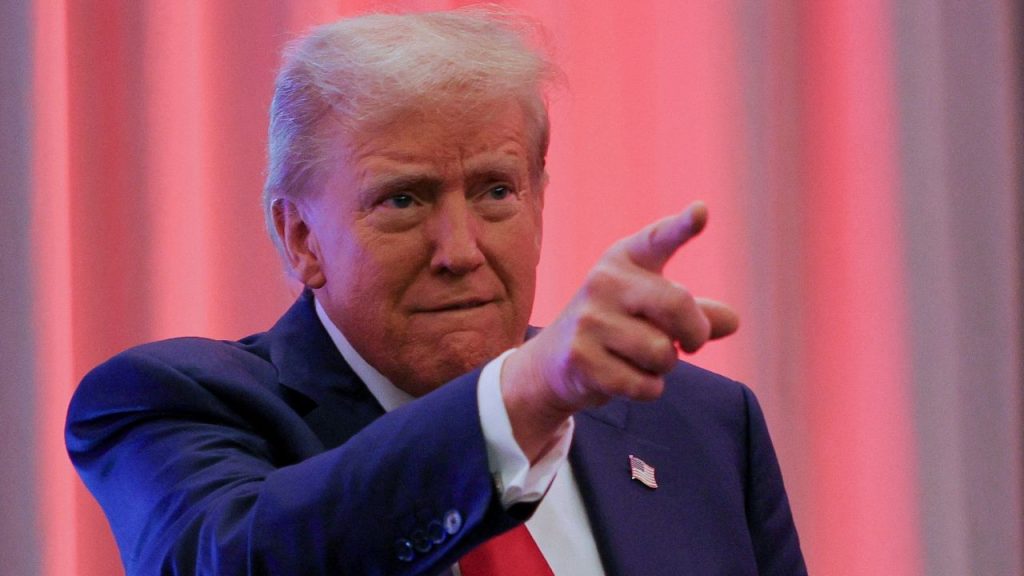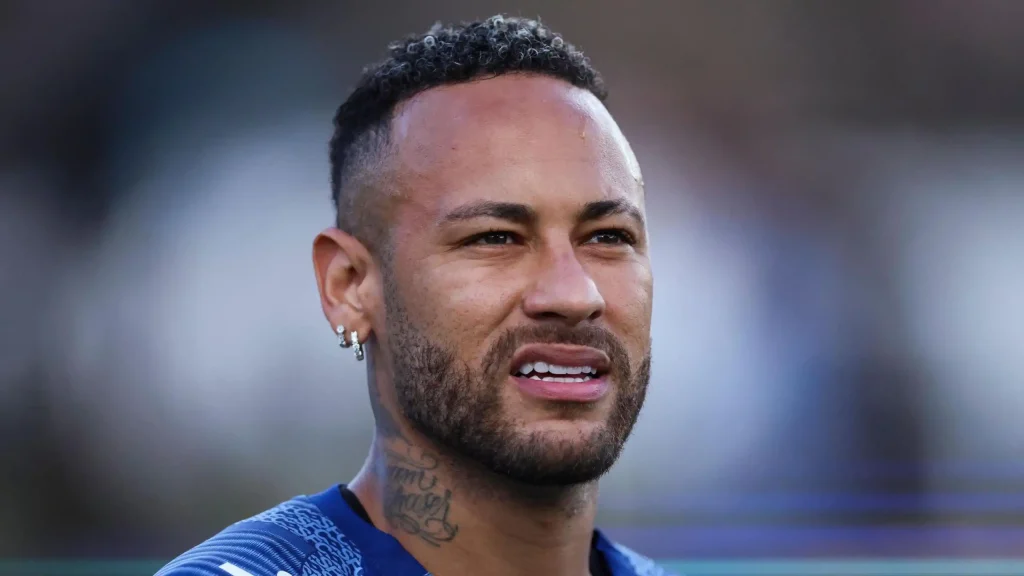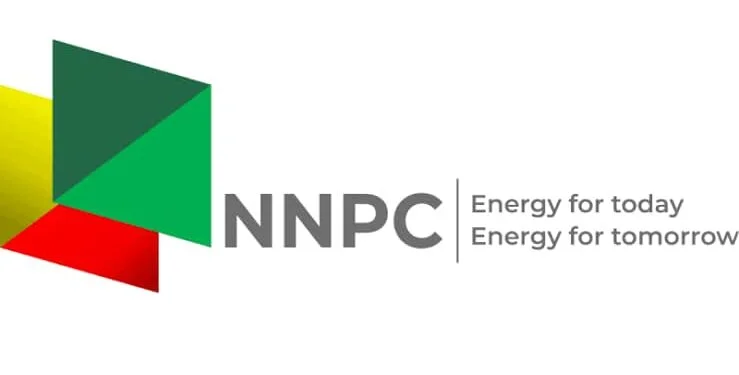Born on April 10, 1957, Alhaji Aliko Dangote is the richest African and, with the support of their $21 trillion economy, no African American comes close. He owns a number of massive factories throughout Africa, from Algeria to South Africa, including sugar refineries, cement plants, a massive fertilizer plant, and an upcoming petrochemical and petroleum refinery. There are underground ones, but these are the ones we see and are familiar with.
Though not as well-liked by his own country, he was adored by other African countries who wanted he were theirs. There would have been many books and biographies about him if he had been an American, telling his tale and motivating others, but I have only found one, and it was written by a foreigner. Undoubtedly not comprehended by his countrymen because he is unlike them. On a lighter note, lover of Arsenal football club which happens to be my club.
Also a friend of one of the world’s wealthiest men, who came to attend his daughter’s wedding, an honor that speaks volumes. However, many Nigerians regard him as a villain. Seen as the primary beneficiary of the corrupt political system. He even has haters in his own state of Kano, where I met one. Until recently, few regarded him a hero, and those who do are from the younger age.
Why have I nominated myself as Aliko’s pro gratis public relations agent? My previous essay stated that individuals in a capitalist free market context create social wealth for redistribution rather than governments or collectives; thus, it is appropriate that I focus on our most prominent capitalist this week. I also use him to counter those who say ‘enu dun ro efo’ meaning ‘it is easier said than done.’ This phrase is in response to my contrarian views on developmental economics in Nigeria.
Alhaji Dangote is the executor of developmental beliefs I have held since the mid-1990s, and when I recently discussed them with other colleagues, I was given the new appellation Gbengote!
Dangote on the radar: This can be broken into two periods: before 2000 and after 2000. He graduated from Cairo’s famous Al-Azhar University in 1977, at the age of 21. By the way, where exactly did he serve? This demonstrates intelligence because graduating at 21 was an uncommon feat in his section of the country.
He did not join the Dantata group, the Kano State government, or a corporate entity after receiving his business administration degree, as most of his colleagues did. Rather, he founded his company in 1977, which is an extremely remarkable feat in my section of the country. He then left his comfort zone of Kano and moved to Apapa, Lagos State, to hustle independently of the Dantata Group. He continued to trade, bringing in numerous commodities throughout the 1980s and most of the 1990s. I never thought much of him as a trader who was importing and grasping chances provided by the government, and interestingly, neither did his competitors! Yes, he had old money behind him. He got a massive loan from his uncle.
Here are some claims against Aliko Dangote: These range from weird rumors about his ritualistic behavior to his being a voracious businessman who acts dirty. The claims of ceremonial beginnings to his fortune are common of Nigerians, who cannot comprehend wealth without ritual inputs (due to African Magic films). This is easily refuted, as we know he is well-connected to the Dantata family’s fortune. His mentorship in this commercial family is critical to his success, but we must remember that he is not the only scion in the Dantata family, and that he is a grandchild rather than a direct heir to the late Alhaji Alhasan Dantata.
Dangote used to traffic drugs into the United States and made a lot of money. He subsequently abandoned the drug industry to pursue legitimate business using the proceeds from illegal drugs, and he has been legitimate ever since. Do traffickers and barons get out of the industry easily?
It has also been said that he represents Generals and others that exploit our commonwealth. This is simply relocating the goal post to hang Aliko. I refute this by showing out that his incredible business decisions would be nearly impossible with Generals watching over his shoulders. He makes commercial decisions with a high degree of freedom.
Many others have had similar possibilities, but he outperformed them with his business savvy. Finally, he may not have passed the World Bank’s due diligence while getting a $0.8 billion loan to establish the Obajana cement factory. Americans would have raised red flags.
Individuals further contend that “give others, including themselves, the opportunities and favours the government gives Aliko and they will outperform him.” I laughed! Some of the critics are 30-year civil servants.
Aliko’s second era: In 1998, it was revealed that Dangote had contributed N140 million to retired General Olusegun Obasanjo’s presidential campaign.
The youngster had come. He had transitioned from commerce to light industries such as wheat mills, salt, and sugar refineries. He also learned how to use the Nigerian Stock Exchange to his benefit, as opposed to Nigerians who listed their companies on the NSE but are no longer there.
Then comes the great push into heavy sectors, beginning with cement production and going where Nigerians dread to tread. As president, Obasanjo implemented a program in the early 2000s requiring all cement importers to establish factories in the country, with the goal of phasing out cement imports in a few years. Nigeria was importing around half of its cement needs, and Obasanjo argued that the government had no business importing cement because we had virtually all the raw materials needed for cement production within our borders.
Only the Dangote Group seized the opportunity and quickly established two mega facilities with yearly production capacity of more than 20 million tons in Nigeria—Obajana in Kogi State and Ibese in Ogun State. His opponents dallied, and Dangote soon owned 70% of the cement market, surpassing a blue-chip foreign-dominated corporation that had operated tiny factories since the 1960s. Other competitors expected the government to reverse the policy, which, to some extent, late President Musa Yar’adua did. However, it never made sense for Nigeria to import cement when the country is abundantly supplied with high-quality limestone and gas to power facilities. Aliko had won the day against his competitors in the cement sector.
Aliko has demonstrated remarkable wisdom by following his grandfather’s instructions and never dueling with the authorities. Follow their policies and take advantage of them, whether they are favorable or harmful, such as the relaxation of import licensing or the prohibition on cement imports. From a beneficial sugar policy to an unpleasant forex strategy. He is always a friend to the government in power.
He does not confront his opponents in public, and they rarely sue him for alleged unethical business practices. Who sent me to defend him when he rarely defends himself? Posterity, I say. While many people see him as a source of our problems, others see him as a solution and supplier.
He has halted cement imports, is very active in the agricultural sector, and, most importantly, at this point in our economic crisis, he is addressing the economy’s core deficit. He is going into the export of high-value products such as fertilizer, cement, and, shortly, refined petroleum products and petrochemicals. That is exactly what the economy needs right now, and he is at the forefront of giving it. This was the supply side of the naira value equation that had been disregarded, and he has once again grabbed the bull by the horns.
Prior to AfCFTA, he had established cement facilities in over 10 African countries and a sugar refinery in Algeria. In my book, Nigeria attained trillion-dollar status, I mentioned what I term a Dangote Blueprint for purchasing heavy industries to add value to raw resources such as bauxite and iron ore. We may import ores such as copper ore, iron ore, and bauxite from African countries for optimal beneficiation and export of finished products around the world.
Looking ahead, there is reason to be optimistic. What is feasible in the next 20 years is beyond conception. He could fix Nigeria’s electricity problem, supply our steel requirements, and what else? I’m particularly pleased to see Alhaji Abdul Samad Rabiu following in Aliko’s footsteps and already becoming Africa’s fifth richest person.
What is the Achilles heel of Dangote’s fix-all? Succession concerns, health issues, family feuds, technical failures, and not to mention political intrigues. Putting all of our eggs in one basket results in the strongest link becoming the weakest link! To prevent this, Nigeria requires more Dangote-like players throughout the country. He has paved the road and demonstrated what is possible, and we now have BUA and IBETO groups emerging. We also need a system that produces them in each new generation. Then we need antitrust laws to prevent monopolistic abuses that inevitably occur with market dominance and cartel formation caused by a small number of operators in these industries.
Finally, Aliko, you declare, ‘I want to give my fortune away in my lifetime;’ please do not do so. American millionaires can afford it because they produce several Bill Gates per decade. Please leave your fortune in the hands of well selected successors who will grow it. You can also have non-biological Alikos in your lifetime, as Tony Elumelu is exploring. Identify, nurture, and serve as angel investors for them. Please do not simply give your wealth away!
Have you ever contemplated running for the presidency of Nigeria? I doubt you ever considered it, but you are more beneficial to Nigeria as President of Dangote Worldwide than as President of Nigeria. Nigeria needs your autobiography, which should be well-researched.

